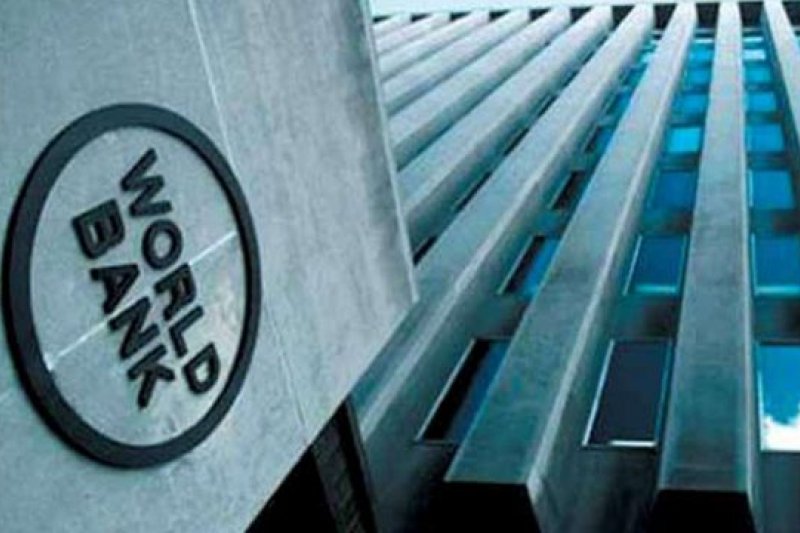30% of Albanians to Live in Poverty until 2023; WB Report
According to the World Bank, this year 30.8% of the Albanian population lives in poverty and the phenomenon will be sustainable until 2023, where 29.3% of the country's population will live on less than $ 5 a day.
Albania is experiencing the highest economic growth in the Region, but at the same time the country has a third of the population living in relative poverty with less than $ 5 per day.
According to World Bank measurements, Albania has the highest level of poverty in the region. Kosovo, which ranks second, has poverty at 24.4%, Serbia ranks third with 19.8%, Macedonia with 17.9% and Montenegro with 16%. Despite strong cyclical recovery, the pandemic has overturned previous achievements in poverty reduction.
The World Bank estimates that in 50 countries in the Central European and Asian Region by the end of this year, COVID-19 has plunged another 4.3 million people into poverty. The Bank analyses that although post-Covid-19 economic growth is strong, it is not being comprehensive. Many people continue to be weakened by job losses and reduced working hours, the removal of economic aid from the government, and high inflation, especially for food items.
Albania's economy grew by 17.9% in the second quarter of 2021, but the number of employees in the same period was 33 thousand lower than in the same period of 2019. Covid-19 has cost millions of lives globally , has reversed achievements in poverty reduction and is likely to leave a detrimental health and economic legacy in the following. Wounds accumulated in human capital will heal slowly, while the rate of physical capital accumulation is likely to remain low.
Even before the pandemic, all the basic drivers of economic growth, such as investment, productivity growth, improvements in education and health, working-age population growth, were projected to slow down.
The pandemic will further exacerbate these aspects, as the World Bank analyses, and the negative effects will still be felt on the poorest, women, children, as well as young people, migrants and informal workers.
For Albania, referring to an optimistic scenario, if labour force participation and employment increases again, poverty may continue to fall in an optimistic scenario below 30 percent by 2022.
In the coming years, private consumption is projected to return as the main means of GDP growth. Private investment could continue to grow if business climate reforms are implemented, the Bank said.
(Source: Monitor)













